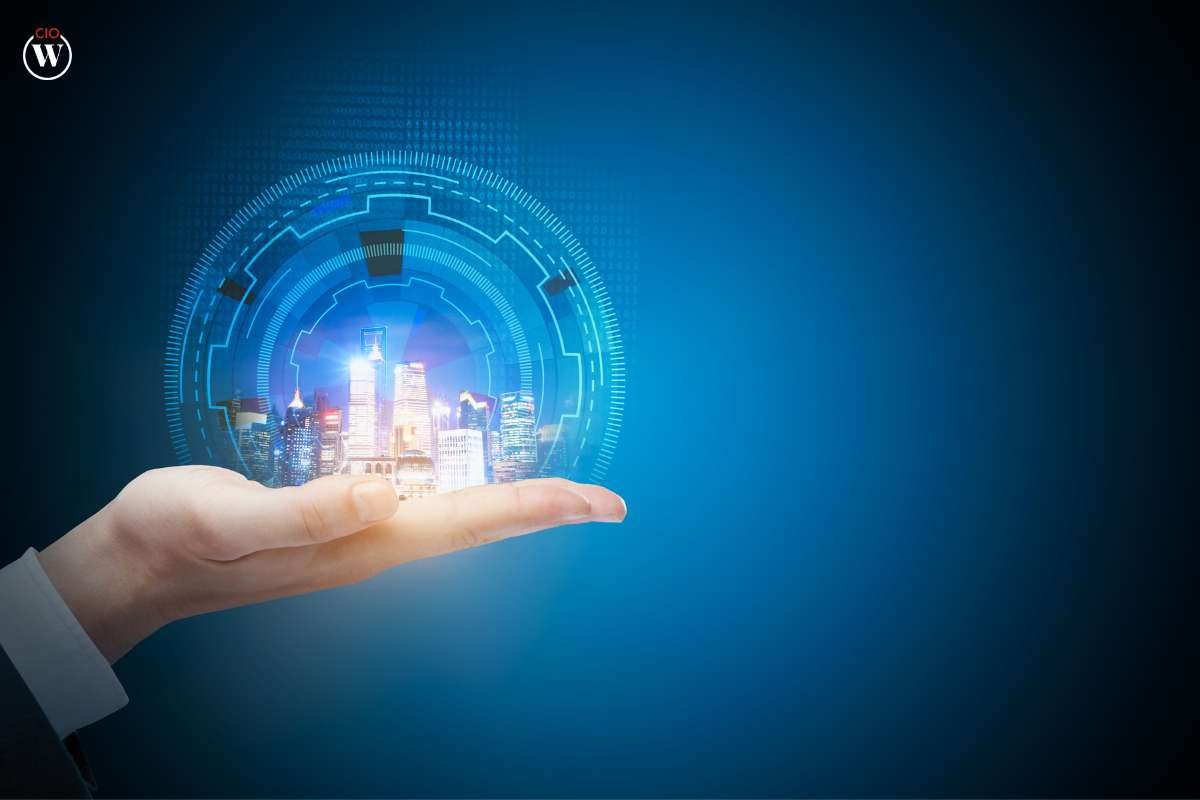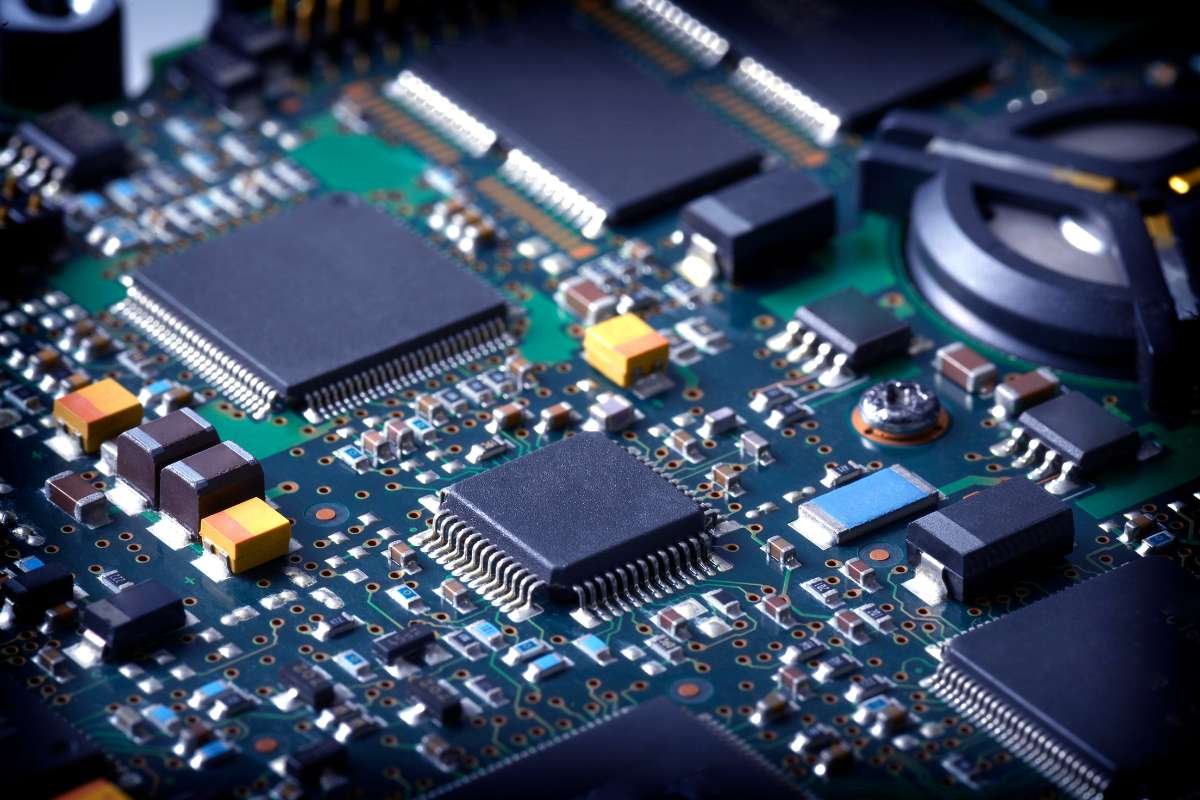As we all are witnessing a huge impact of technology in various fields, the food industry is no exception. It has changed the way the food industry functions. The impact of technology on the food industry is such that it is playing an extensive role in multiple areas of food. Food packing, food processing, food safety, setting standards, etc., are the major functions of the food industry which technology handles with ease. Organizations always strive to adopt new and modern ways to bulk produce and supply the same at affordable prices. The distribution of food, meaning the logistics, to make the product available in nooks and corners of the world, is very well handled by technology.
The work allocation, delivery operations, and delivery with no compromise on the quality of the product are the main agenda. In the food business, the impact of technology is huge as hygiene, quality, and packaging of food are the most important aspects.
Let us see the impact of technology on the food industry:
1. On-point Distribution Logistics
The impact of technology on distribution logistics within the food industry is monumental. Traditional supply chains were often marred by inefficiencies, leading to wastage, delays, and inflated costs. However, the integration of technology has rejuvenated this critical aspect. Advanced software solutions offer real-time tracking and monitoring of shipments, optimizing routes and minimizing fuel consumption. Such innovations result in reduced carbon footprints, emphasizing the industry’s commitment to sustainability.

Efficiency is further heightened by Internet of Things (IoT) devices strategically placed within transport containers. These devices monitor temperature, humidity, and other environmental conditions, ensuring that perishable goods remain in optimal states during transit. Such technologies not only safeguard the quality of products but also underline the industry’s dedication to delivering fresher, safer food to consumers.
2. Using color psychology in Packaging
Impactful packaging plays an instrumental role in attracting consumers, and technology has brought about a revolution in this domain. With the advent of augmented reality (AR) and QR codes, packaging has transformed into an interactive canvas, engaging customers in immersive experiences. AR-enabled packaging allows consumers to visualize the product or even access additional information about its sourcing, preparation, and nutritional content. This technology-driven engagement bridges the gap between consumers and their food, creating a more informed and conscious purchasing experience.
Furthermore, technology has empowered the creation of intelligent packaging solutions. Smart packaging equipped with sensors can detect freshness levels, alerting consumers when the product is nearing expiration. This not only reduces food waste but also enhances consumer trust in the quality of the products they purchase. The impact of technology on packaging extends beyond aesthetics, permeating the consumer’s entire interaction with the product.
3. Ensuring Timely Deliveries
In the fast-paced world we inhabit, timely deliveries are paramount. Technology’s influence on this aspect of the food industry is undeniable. Delivery apps and platforms powered by algorithms and GPS navigation streamline the process, ensuring that orders reach customers’ doorsteps promptly. Real-time updates allow customers to track their orders, adding a layer of transparency to the entire delivery process.

Drone and autonomous vehicle technology are emerging as game-changers in last-mile deliveries. These innovative solutions have the potential to navigate through traffic more efficiently, reducing delivery times and lowering operational costs. The impact of technology in this realm extends not only to convenience but also to the creation of new job opportunities in the realm of drone operation and maintenance.
4. Maintaining no-nonsense Hygiene Standards
In an era where food safety and hygiene are paramount, technology has risen to the occasion, setting new standards in this domain. Automation has taken center stage in food preparation and processing, minimizing human contact and the associated risk of contamination. Robotics handle repetitive tasks, ensuring consistency while minimizing the potential for cross-contamination.
Advanced sensors equipped with artificial intelligence (AI) can detect impurities and anomalies in real-time, preventing potential hazards from entering the food supply chain. With Automated Inspection in agriculture systems can now measure leaf area, seedling height and chlorophyll levels all at the same time. Additionally, the ongoing research into antimicrobial packaging materials holds the promise of extending the shelf life of products while safeguarding them from harmful microorganisms.
The Future of the Food Industry: A Technological Odyssey
As we peer into the future, the impact of technology on the food industry promises to grow even more profound. With the ongoing advancements in automation, machine learning, and AI, the sector is poised for a new era of innovation. Automation will continue to transform food processing, ensuring not only efficiency but also a higher degree of precision in crafting culinary creations.

The realm of personalized nutrition is another horizon that technology is poised to conquer. Wearable devices, combined with AI-driven analysis, will offer individuals tailored dietary recommendations based on their unique needs and preferences. This shift from one-size-fits-all diets to personalized nutrition underscores the industry’s commitment to promoting healthier lifestyles.
Future Scope of Food Delivery Apps and Their Development
The food delivery landscape is set to undergo a seismic shift driven by evolving technologies. Delivery apps, once limited to connecting customers with local restaurants, are expanding their horizons. Cloud kitchens, driven by data analytics, will optimize menu offerings based on regional preferences, ensuring a more relevant and diverse selection for consumers.
Furthermore, the development of autonomous vehicles and drones for delivery holds tremendous promise. These technologies not only enhance the speed of deliveries but also contribute to reducing the industry’s ecological footprint. The integration of AI into a delivery
apps will also lead to more accurate delivery time predictions and further refine route optimization.
Conclusion
In the present and the foreseeable future, the impact of technology on the food industry remains a force of transformative power. From enhancing distribution logistics and creating captivating packaging to ensuring timely deliveries and impeccable hygiene, technology’s imprint is evident in every bite we take. As the food industry evolves, embracing technology responsibly and innovatively will be key to unlocking new realms of efficiency, sustainability, and consumer satisfaction. The journey has only just begun, and the fusion of technology and gastronomy is poised to yield a future where every aspect of our culinary experience is elevated by innovation.









